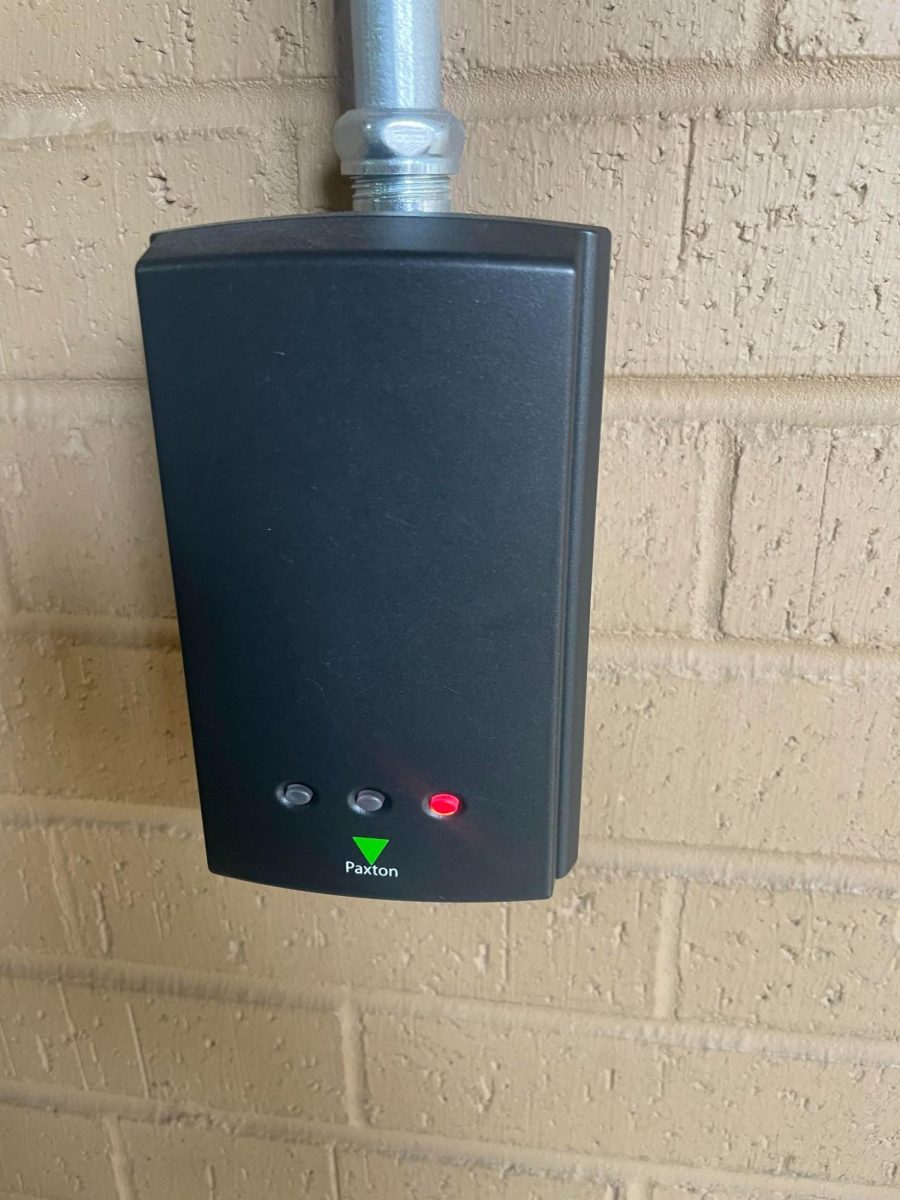Bigger is Always Better:
Having a big ego might sound better than you think.
Although some may believe that having a big ego makes you obsessed with yourself, it’s important to understand that there’s a line between self-confidence and self-centeredness.
January 25, 2022
Ego is a person’s sense of self-esteem or self-importance. Every individual has an ego, whether large or small. That size may differ as the individual experiences life’s challenges while existing in society. Having a large ego is extremely important to one’s mental health because the ego manages an individual’s fragile identity. At the same time, they figure out who they are. It also protects people from the onslaught of societal expectations and motivates them to work harder and achieve great things.
A fragile or small ego can damage one’s mental health as unstable, insecure, contingent, and defensive thoughts control the mind and create emotional problems. According to cited professionals, Phillips & Hine state, “In the long-term especially, fragile self-esteem can have more serious consequences for your psychological well-being. An insecure sense of self hinders your ability to heal and recover from negative events by increasing poor emotion-regulation habits like rumination. Being unable to let go of negative thoughts and self-conceptions is, of course, harmful to your mental health; chronic rumination is not only a symptom of depression but has been shown to occur at higher rates among people with fragile self-esteem.” This suggests that people who struggle with a fragile ego are less likely to heal from negative life experiences. This state of mind also prevents people from finding their true selves as the negative thoughts and emotions constantly control their minds. Hence, it is great to have a big ego to process negative emotions and thoughts healthily and remain in a positive state of mind. Also, having a small ego can cause self-trust issues within a person. As reported by a psychology-recommended website called Life Intelligence, “When you are constantly re-evaluating yourself, it can make understanding and managing your emotions feel impossible. Fragile self-esteem often leads to defensive and protective responses when faced with difficulties, which may lead to ignoring or justifying negative reactions instead of investigating them.” This indicates that having a common sense of self-importance can cause issues with anxiety and stress. It’s helpful to build a strong and confident relationship with yourself so that you won’t suffer from deep-rooted emotional issues such as anxiety and depression.
Having a mindset of little self-importance can also harm one’s social relationships and impede success in life and work. According to a psychologist-approved website called Life Intelligence, a professional states, “When your sense of self is fragile, it can make accepting feedback difficult. Hinging your self-worth solely on your performance may motivate you in the short-term. Still, in the long run, you are more likely to shy away from a challenge or take constructive criticism to heart.” This implies that fragile self-esteem makes one afraid of change, which is unavoidable in life, especially in the workplace. The workplace is full of challenges and constructive criticism in which only people with high self-esteem can survive. As for social relationships, Life Intelligence professionals state, “As cited above, fragile self-esteem has been linked to social biases leading to the perception of a personal attack where none is present…Anxiety and paranoia are characteristic of insecure attachment styles…Though we all want to feel validated in our relationships, the exaggerated need to be reassuring of an anxious partner can put a strain on one’s partner and ultimately lower the happiness and relationship satisfaction of both partners.” These statements insinuate that being insecure can damage intimate relationships without you even realizing it. Being an anxious and insecure person can put a damper on how some might think of you. Validation in social relationships is important; however, needing too much validation because of your small ego can lead to more emotional problems for both partners. Being confident in yourself and trusting the decisions you make is extremely important to maintain healthy relationships in your life.
In contrast, some might believe that having a large ego is a negative trait because it is linked to narcissism and egotistical behaviors. However, MD Kevin R. Stone states, “The big ego permits you to believe in what you are doing, to make split-second decisions without self-doubt, to push the boundaries, to look over the horizon, to absolutely believe you are right…In the past, silly statements by coaches in sports would be “there is no I in team.” They didn’t get it. The “I” is the leadership by the big ego who understands the fact that teams need to be led and leadership is as much about communication as it is about action.” Although some may believe that having a big ego makes you obsessed with yourself, it’s important to understand that there’s a line between self-confidence and self-centeredness. Being a leader in your community is crucial, but you can’t be a leader without strong self-importance. To not have a large selfish ego, one must humble themselves while recognizing that they are just as important and equal to everyone else.
Ultimately, the ego plays a huge role in a person’s mental and emotional health. Therefore, it’s okay to allow your ego to grow and carry you through the challenges that life throws your way. After all, the ego cradles us when we are still in a state of fragile identity. That emotional cradle must be a sturdy one that you can fall back on and bounce back from when needed.



































Jamarion Carr • Jan 30, 2022 at 11:06 pm
This is so good Clara! I really like the depth you went into and the word choice that put emotion and feelings into the article. I really like this subject, can’t wait to read your other stuff!